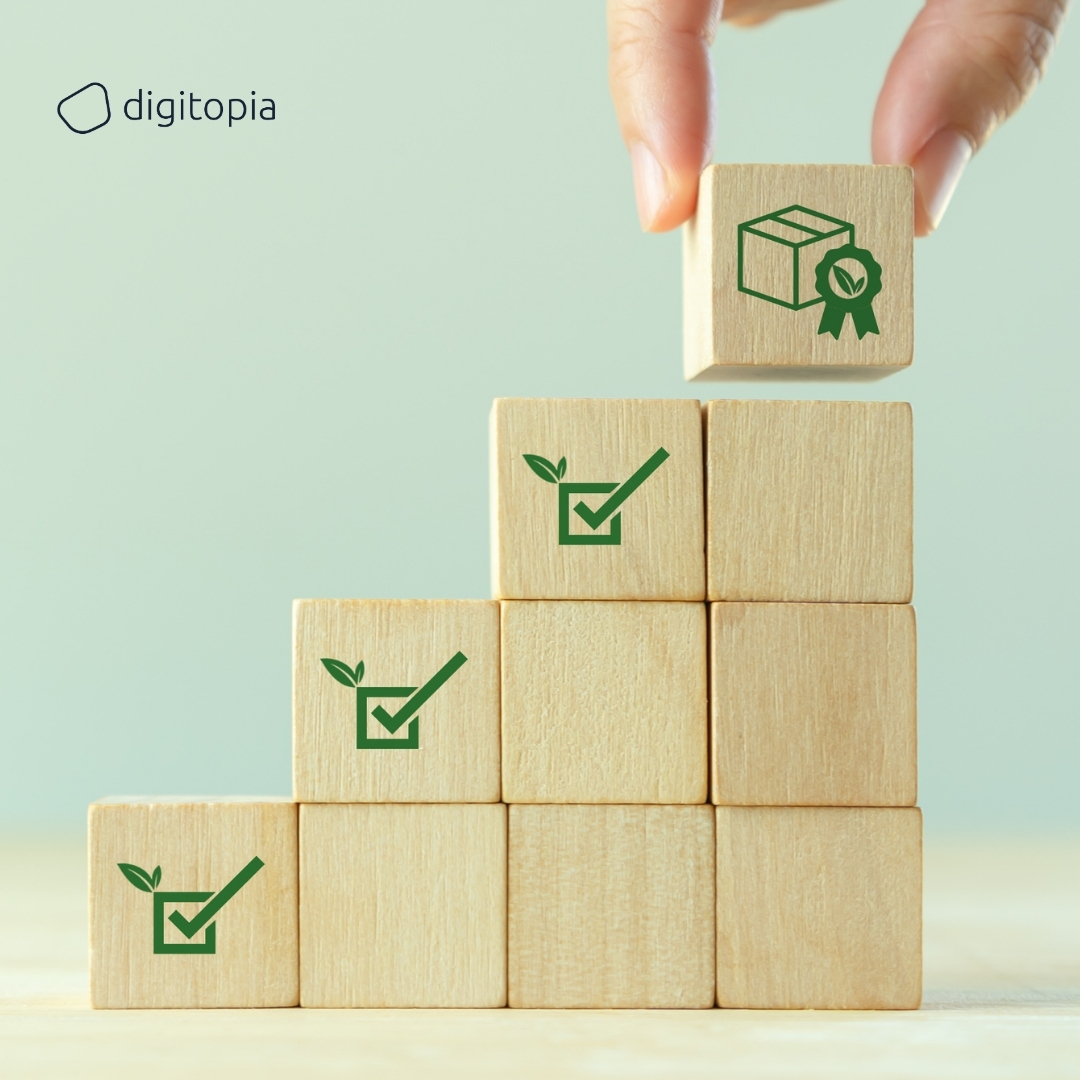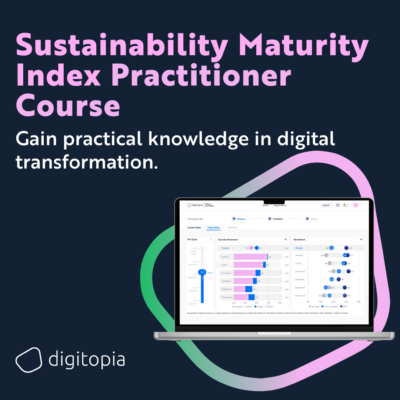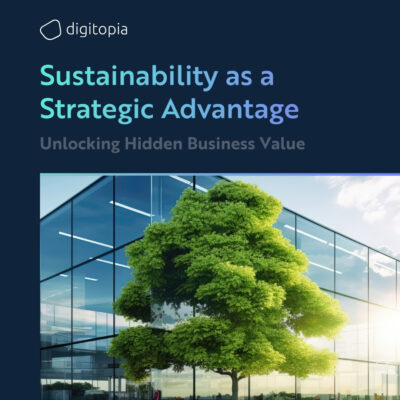
Sustainability is no longer a peripheral concern; it has become a central tenet of modern business strategy. As organizations around the world strive to reduce their environmental impact, improve social responsibility, and maintain economic viability, they are adopting a holistic approach to sustainability. This approach goes beyond traditional metrics like carbon footprint and resource consumption, encompassing broader considerations such as business models, value chains, and corporate purpose. To effectively navigate this new paradigm, organizations must employ comprehensive tools like sustainability maturity assessment, which provide valuable insights into their sustainability practices and guide their journey toward long-term success.
The Evolving Landscape of Sustainability
The concept of sustainability has evolved significantly over the past few decades. Initially focused on environmental conservation and resource management, sustainability now encompasses a broader range of issues, including social equity, economic resilience, and ethical governance. This shift reflects a growing recognition that true sustainability requires a balance between people, profit, and planet—a principle often referred to as the “triple bottom line.”
From Shareholder to Stakeholder Capitalism
The traditional model of shareholder capitalism, which prioritizes maximizing profits for shareholders, is increasingly being challenged by the concept of stakeholder capitalism. Stakeholder capitalism emphasizes the importance of considering the interests of all stakeholders, including employees, customers, suppliers, communities, and the environment. This approach aligns with the principles of sustainability, which advocate for equitable and responsible business practices that benefit society as a whole.
A New Way of Thinking
Adopting a sustainable business model requires a fundamental shift in mindset. It involves rethinking how businesses operate, from supply chains and production processes to corporate governance and value creation. Companies must evaluate their impact on the environment and society and integrate sustainability into their core strategies. This transformation necessitates a holistic approach that considers the interconnectedness of economic, social, and environmental factors.
The Role of Measurement in Sustainability
Effective measurement is crucial for driving sustainability initiatives. As the adage goes, “What gets measured gets done.” Organizations use various tools and frameworks to track and report their sustainability performance, including:
- Carbon Footprint Analysis: Measures the total greenhouse gas emissions produced by an organization, helping identify opportunities for emission reduction.
- Water and Energy Consumption Tracking: Monitors resource usage to improve efficiency and reduce environmental impact.
- Waste and Scrap Reporting: Evaluates waste generation and management practices, encouraging waste reduction and recycling efforts.
These tools provide valuable data on specific aspects of sustainability, enabling organizations to make informed decisions and implement targeted improvements.
Elevate Your Sustainability Strategy with the Sustainability Maturity Index
Measure, benchmark, and transform your sustainability efforts with a comprehensive assessment tool designed to drive real impact and long-term success.
Get started
The Need for Sustainability Maturity Assessment
While traditional measurement tools are essential, they often focus on individual metrics rather than providing a comprehensive view of an organization’s sustainability performance. This is where sustainability maturity index (SMI) assessments come into play. SMI assessments offer a holistic evaluation of an organization’s sustainability practices, covering a wide range of factors that contribute to overall sustainability maturity.
Understanding Sustainability Maturity Index (SMI) Assessments
SMI assessments provide a structured framework for evaluating an organization’s sustainability practices across multiple dimensions. These assessments offer a comprehensive analysis of the organization’s strengths and weaknesses, helping identify areas for improvement and guiding strategic decision-making. Key components of SMI assessments include:
- Holistic Evaluation: SMI assessments consider the entire spectrum of sustainability, encompassing environmental, social, and economic dimensions. This holistic approach ensures that organizations address all aspects of sustainability, rather than focusing solely on environmental impact.
- Benchmarking and Comparison: SMI assessments enable organizations to benchmark their sustainability performance against industry standards and competitors. By understanding their relative position, organizations can identify best practices, set realistic goals, and track progress over time.
- Strategic Insights: SMI assessments provide actionable insights that inform strategic decision-making. By identifying gaps and opportunities, organizations can develop targeted initiatives to enhance their sustainability practices and achieve long-term success.
- Communication and Transparency: SMI assessments serve as a powerful communication tool, allowing organizations to share their sustainability journey with stakeholders. Transparent reporting of assessment results builds trust and credibility, demonstrating a commitment to sustainable practices.
The Benefits of Regular SMI Assessments
Conducting regular SMI assessments offers several benefits for organizations seeking to enhance their sustainability performance:
- Continuous Improvement: Regular assessments foster a culture of continuous improvement, encouraging organizations to strive for higher levels of sustainability maturity. By regularly evaluating and refining their practices, organizations can adapt to changing conditions and remain competitive.
- Informed Decision-Making: SMI assessments provide a wealth of data and insights that inform strategic decision-making. Organizations can use this information to allocate resources effectively, prioritize initiatives, and align their sustainability efforts with business objectives.
- Enhanced Stakeholder Engagement: Transparent communication of assessment results enhances stakeholder engagement and fosters trust. By demonstrating a commitment to sustainability, organizations can strengthen relationships with customers, investors, employees, and communities.
- Competitive Advantage: Organizations that prioritize sustainability and regularly assess their maturity are better positioned to differentiate themselves in the market. By aligning with the values of conscious consumers and investors, organizations can enhance their reputation and drive business success.
Unlock Your Path to Sustainability Excellence with the SMI
Explore how the SMI can guide your organization towards greater sustainability performance. Learn more about our comprehensive assessment tool and start your journey to a more sustainable future today.
Get started
Conclusion
Sustainability is a fundamental component of modern business strategy, requiring a holistic approach that encompasses environmental, social, and economic considerations. While traditional measurement tools provide valuable data, sustainability maturity index (SMI) assessments offer a comprehensive evaluation of an organization’s sustainability practices. By conducting regular SMI assessments, organizations can gain valuable insights, drive continuous improvement, and enhance stakeholder engagement. Ultimately, embracing holistic sustainability is not only a moral imperative but also a strategic advantage in the ever-evolving business landscape.




